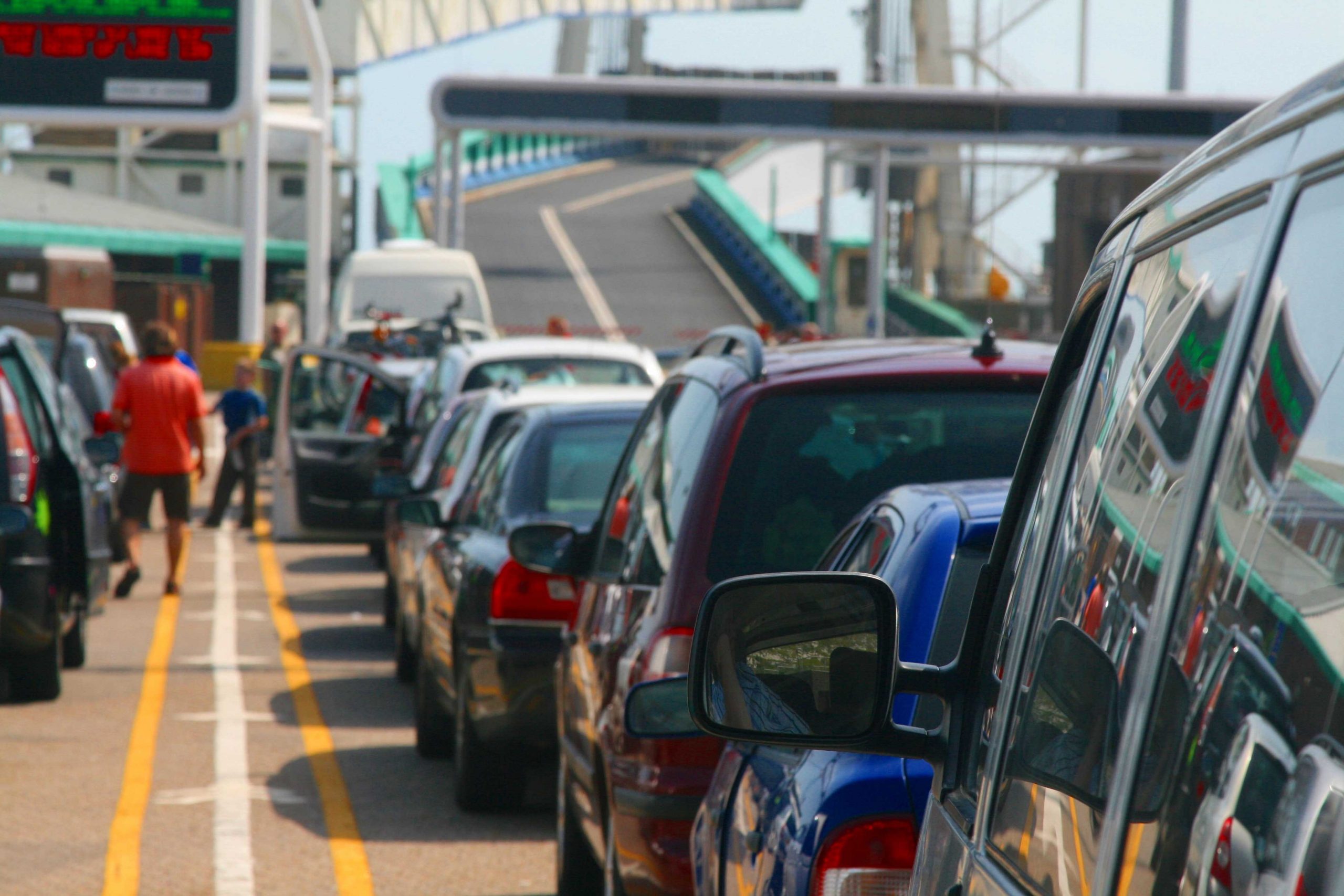French tourists and commuters are bracing transport chaos for the fifth day as the Union leaders strike over to the Macron’s pension reform.
French President Emmanuel Macron, who came to power in 2017 promising that he would radically reform France and had sought a prominent place on the international stage as Europe’s number one statesman.
The contentious reform has sparked union anger throughout the country since the government stick to their decision over the pension scheme.
The Prime minister of France Edouard Philippe insisted that they would not abandon the pension plans. Adding “If we do not make a far-reaching, serious and progressive reform today, someone else will make a really brutal one tomorrow,”
The prime minister also highlighted that they are set to unveil full details of the reform to merge the 42 existing pension plans.
Union leaders put higher numbers, with the CGT union saying 1.5 million people turned out across France.
Around 800,000 people took to the streets across the country among them approximately 65,000 civilians stood up from the capital city of France.
Labour unrest has been more than a year of weekly anti-government demonstrations by “yellow vest” activists who protest over unemployment and waning spending power.
The yellow vests have spiked the strike movement by holding a fresh protest in Paris on Saturday and in several cities across France.
The “yellow vests” weekly Saturday protests against inequality in France had shaken the government over the last year.
With Unions strike wide spreading across the country, daily commuters can expect the transport freeze over the coming days.
The leader of the CGT union, Philippe Martinez, said in a press conference that “We will keep up until the withdrawal of the reform plan.”
French railway operator SNCF has warned tourists to stay away from overcrowded train stations and for daily commuters to stay home or find another means of transport options, while Paris transport authority RATP issued a similar warning.
The official websites of the RATP train, tram, bus and metro company have said to avoid public transport in the coming days,” since somewhat 10 million passengers in Paris who relies on daily to get to work.
Ten out of the RATP’s 16 metro lines will be shut, four will offer limited services, and only the two driverless lines will run as scheduled, but with a “risk of congestion” during peak hour
One of the hotel association has also stressed that reservations in the larger Paris region have dropped by 30-40 % on the first day of the strike.
Paris is one of the best fashion cities in the world and retailers fear for their bottom line, with concerns over delivering goods if the strike continues, and client numbers dwindling at the height of the Christmas shopping season.
The strike has affected the popular tourist sites in Paris, including the Eiffel Tower, were closed and busy transport hubs like the Gare du Nord were quiet.
French police have said in the capital city few vandalisms were reported and the police have taken immediate actions to use tear gas to disperse protesters. In total, 71 arrests were made across the city, police said. Clashes were reported in several other cities including Nantes, Bordeaux and Rennes.
Rail operator SNCF said 90% of regional trains had been cancelled by the disruption on Thursday. Hundreds of flights were also cancelled, with airlines warning of further disruption to come.
The official retirement age has been raised in the last decade from 60 to 62 but remains one of the lowest among the OECD group of rich nations – in the UK, for example, the retirement age for state pensions is 66 and is due to rise to at least 67.
The unions fear the new system will lead them to work longer for a lower pension.








